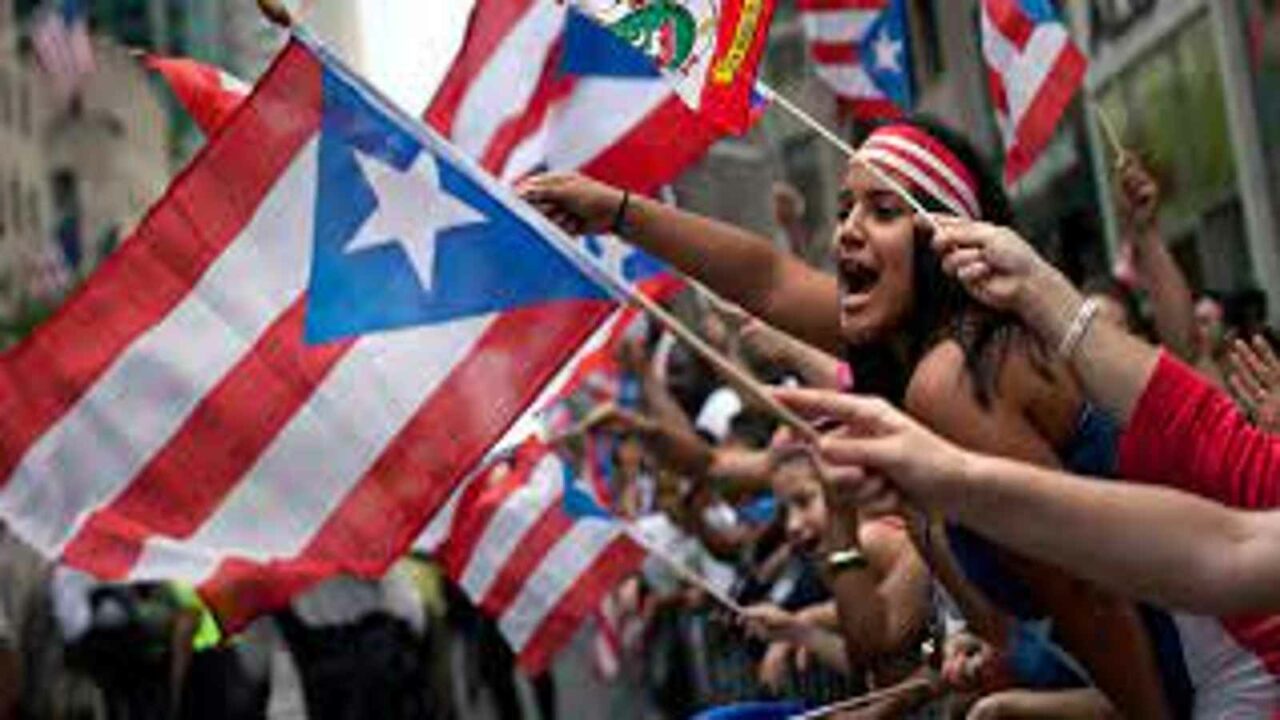Emancipation Day (Puerto Rico) 2023: On March 22, Puerto Ricans observe Emancipation Day, commemorating the day their national assembly abolished slavery in the country while the island was still a Spanish colony. Puerto Rico made the decision more than a decade after the United States, but it is impossible to tell by observing the country’s celebrations. Puerto Ricans embrace the ‘Día de la Abolición de Esclavitud’ with gusto — singing, dancing, and enormous feasts!
HISTORY OF EMANCIPATION DAY (PUERTO RICO)
Like the majority of colonised countries, Puerto Rico once participated in the slave trade. The country’s history of servitude dates back decades, to when the Spanish colonised it. When the Europeans first arrived on the island, they were unaware that the diseases they brought would decimate the indigenous population, leaving the colonisers with an acute labour shortage. This, coupled with years of oppression by Spain, contributed to the decline of the indigenous population. And because Puerto Rico was so important to the Spanish dominion — its gold mines were especially lucrative — they had to find an alternative.
In the 16th century, enslaved Africans arrived in Puerto Rico in this manner. Sugar was the new treasure because the gold had been extracted and the mines rendered pointless. Slaves were put to work cultivating sugar plantations that sprung up all over the island. The world eventually realised that slavery was inhumane and illegal and began to revolt against the practise. More colonies rebelled and achieved independence. In 1873, slavery was abolished as a result of the global antislavery movement, the growth of liberalism among Puerto Ricans, and the intermittent slave revolts and uprisings that occurred throughout the nation. This was a conditional judgement, as slaves were required to work for their former masters for an additional three years before regaining their freedom. This law was by no means perfect or equitable, but it marked a new era for the island’s slaves.
Today, Puerto Rico’s population is a racial melting pot comprised of immigrants from numerous cultures. The years of cultural and ethnic immigration have created a community that celebrates the abolition of slavery with jubilation.
National Freedom Day 2023 (U.S.): Date, History of Abraham Lincoln’s Emancipation Proclamation
EMANCIPATION DAY (PUERTO RICO) ACTIVITIES
Discover traditional Puerto Rican cuisine
Take a culinary excursion of the nation. Sample Puerto Rican dishes, like coquito, pasteles, empanadillas, and tostones. If you’re feeling particularly chef-like, proceed to the kitchen to experiment with your preferred Puerto Rican dish.
Host a party in the Puerto Rican manner.
Celebrate the day as the Puerto Ricans do, with a colourful and festive celebration. Invite your closest friends to a meal featuring Puerto Rican cuisine, music, and culture.
Understanding servitude in Puerto Rico
Learn about the history of slavery and its abolition in the United States as a capstone to your celebrations. Learn about the effects of the 1873 law and its impact on the nation.
5 FACTS ABOUT EMANCIPATION DAY AND PUERTO RICO
The initial European to arrive in Puerto Rico
Christopher Columbus, a renowned explorer, arrived on the island of Puerto Rico in November 1493.
An event worthy of note
On August 1, 1985, Trinidad and Tobago proclaimed a national holiday to commemorate the abolition of slavery in their country, becoming the first independent nation to do so.
The law passed in Puerto Rico in 1873 aided many.
According to historians, approximately 29,335 slaves were liberated by Puerto Rico’s 1873 law, constituting at least 5% of the island’s population at the time.
African origins
According to numerous sources, 60% of Puerto Ricans have African ancestry, and the overwhelming majority of them are Afro-Puerto Rican, meaning they have lived in the country for generations.
Strong African cultural influence
Puerto Rican dance forms, such as Bomba and Plena, are of African origin, as are their cuisine and music, which integrate traditional African sounds.
EMANCIPATION DAY (PUERTO RICO) DATES
| Year | Date | Day |
|---|---|---|
| 2023 | March 22 | Wednesday |
| 2024 | March 22 | Friday |
| 2025 | March 22 | Saturday |
| 2026 | March 22 | Sunday |
| 2027 | March 22 | Monday |


















